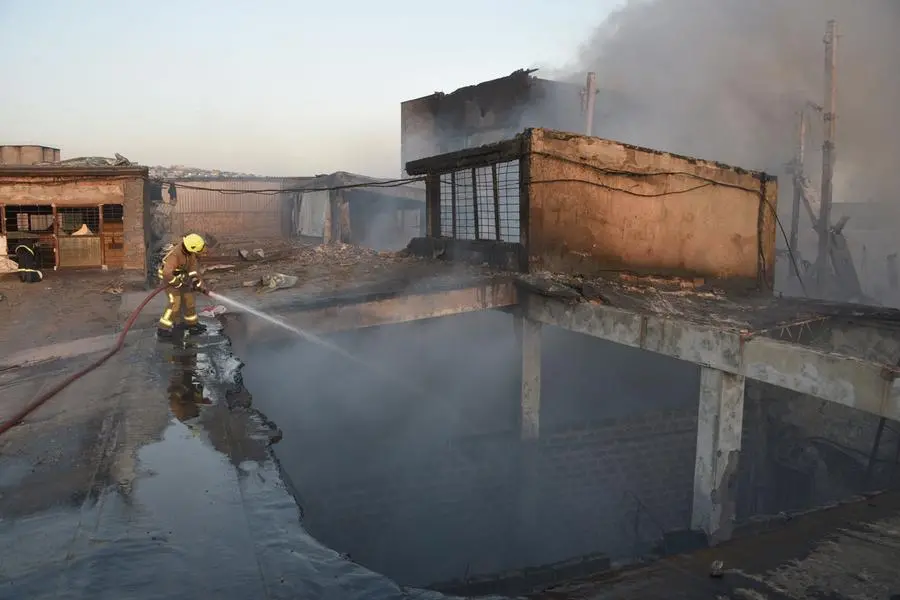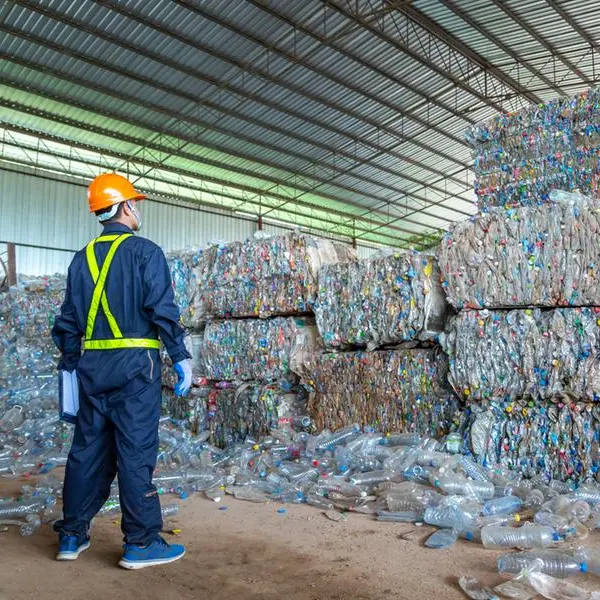PHOTO
Lebanon on Friday marks three years since one of history's biggest non-nuclear explosions rocked Beirut. Yet nobody has been held to account as political and legal pressures suspend the investigation.
On August 4, 2020, the massive blast at Beirut's port destroyed swathes of the Lebanese capital, killing more than 220 people and injuring at least 6,500.
Authorities said the disaster was triggered by a fire in a warehouse where a vast stockpile of industrial chemical ammonium nitrate had been haphazardly stored for years.
Three years on, the probe is virtually at a standstill, leaving survivors still yearning for answers.
The main activist group representing families of those killed has called for a protest march on Friday afternoon, converging on the port.
"This is a day of commemoration, mourning and protest against the Lebanese state that politicises our cause and interferes in the judiciary," said Rima al-Zahed, whose brother was killed in the explosion.
"The judiciary is shackled, justice is out of reach, and the truth is shrouded," she told AFP.
The blast struck amid an economic collapse that the World Bank has dubbed one of the worst in recent history and which is widely blamed on a governing elite accused of corruption and mismanagement.
Since its early days, the probe into the explosion has faced a slew of political and legal challenges.
In December 2020, lead investigator Fadi Sawan charged former prime minister Hassan Diab and three ex-ministers with negligence.
But as political pressure mounted, Sawan was removed from the case.
- 'Culture of impunity' -
His successor, Tarek Bitar, unsuccessfully asked lawmakers to lift parliamentary immunity for MPs who were formerly ministers.
The powerful Iran-backed Hezbollah group has launched a campaign against Bitar, accusing him of bias and demanding his dismissal.
The interior ministry has refused to execute arrest warrants which the lead investigator has issued.
In December 2021, Bitar suspended his probe after a barrage of lawsuits, mainly from politicians he had summoned on charges of negligence.
But in a surprise move this January, Bitar resumed investigations after a 13-month hiatus, charging eight new suspects including high-level security officials and Lebanon's top prosecutor, Ghassan Oueidat.
Oueidat then charged Bitar with insubordination and "usurping power", and ordered the release of all those detained over the blast.
Bitar has refused to step aside, yet has not set foot inside Beirut's justice palace for months.
"Work (on the investigation) is ongoing," said a legal expert with knowledge of the case, requesting anonymity due to the sensitivity of the matter.
Bitar is determined to keep his promise to deliver justice for victims' families, the expert added.
Zahed, whose brother died in the blast, said: "The truth does not die so long as there is someone to demand it.
"We believe that we will get the truth."
On Thursday, 300 individuals and organisations including Human Rights Watch (HRW) and Amnesty International renewed a call for the United Nations to establish a fact-finding mission, a demand local officials have repeatedly rejected.
"International action is needed to break the culture of impunity in Lebanon," HRW's Ramzi Kaiss said in a statement.
Amnesty's Aya Majzoub accused authorities of using "every tool at their disposal to shamelessly undermine and obstruct the domestic investigation to shield themselves from accountability".





















